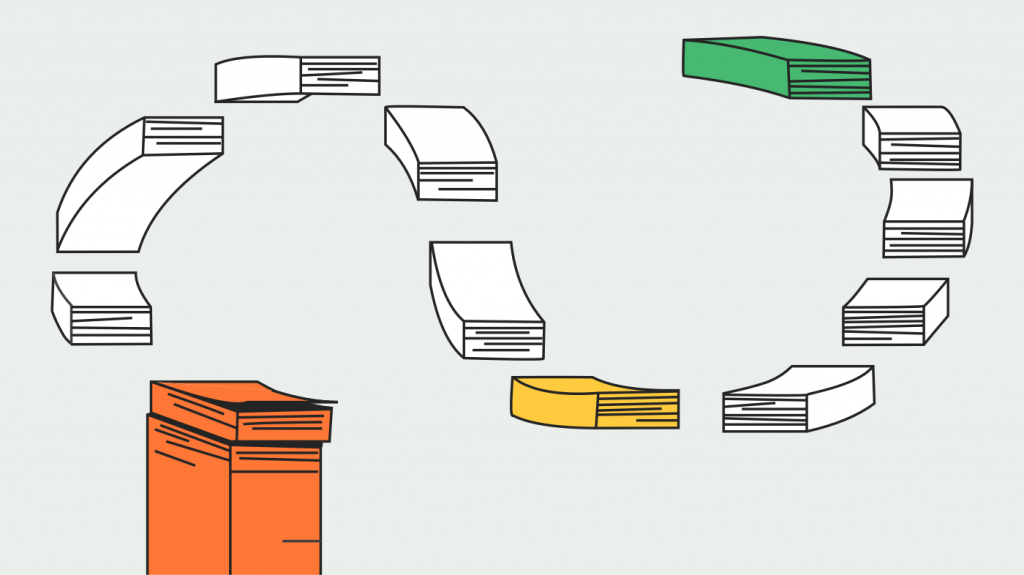
Operating partners always search for innovative strategies to optimize portfolio companies’ performance.
Procurement, an often-overlooked area, presents a remarkable opportunity for cost optimization and improved operational efficiency.
The key lies in procurement-managed services.
The Game-Changing Nature of Managed Services
Managed services bring a fresh, data-driven strategy to procurement, transforming this traditionally administrative function into a powerful value driver. Backed by cutting-edge analytics and deep industry expertise, these services rapidly become a game-changer in procurement.
The Power of Intelligent Buying and Smart Spending
By shifting to managed services, one can realize an immediate 8% to 12% reduction in purchase costs. This is enabled by sophisticated analytics and a network of experienced procurement professionals who provide comprehensive support.
The approach is all about intelligent buying and wise spending, delivering sustainable savings across all spending categories.
Leveraging Volume Aggregation and Expert Insight
Managed services offer the advantage of volume aggregation and expert insight.
By aggregating demands from multiple clients, they can negotiate better prices, particularly in low-spend areas. Moreover, their scale provides deep expertise and real-time market insights across various categories, allowing us to learn from industry leaders and enhance our capabilities.
The Significant Cost Savings of Strategic Procurement Activities
The potential cost savings from strategic procurement activities are significant.
Consider this: one company slashed its operating costs by 19% by outsourcing its entire purchasing function. Another firm captured average savings of almost a third in its first three significant categories tackled following establishing a new central purchasing function.
The Need for a Well-Informed Perspective in Transitioning
Yet, like any strategic decision, moving to procurement-managed services must be made with a well-informed perspective. While effective for transactional activities, labor arbitrage can limit savings in strategic buying activities that require close internal cooperation.
Capturing the benefits of demand and specification management, which can account for 40 to 50 percent of total savings, also requires close collaboration with other business functions, which can be challenging for an outsourced provider.
The Transformational Impact of Procurement Managed Services
Procurement-managed services represent a significant opportunity for operating partners.
Leveraging advanced analytics, expert knowledge, and industry best practices can transform the procurement function of your portfolio companies into a strategic asset.
As always, it’s essential to approach this with a clear understanding of your portfolio companies’ unique needs and capabilities to ensure a successful transition.
As an SAP Ariba™ Gold Partner, Premikati is a leading services provider for all facets of Ariba™ and procurement in general. To contact our team, click here.


